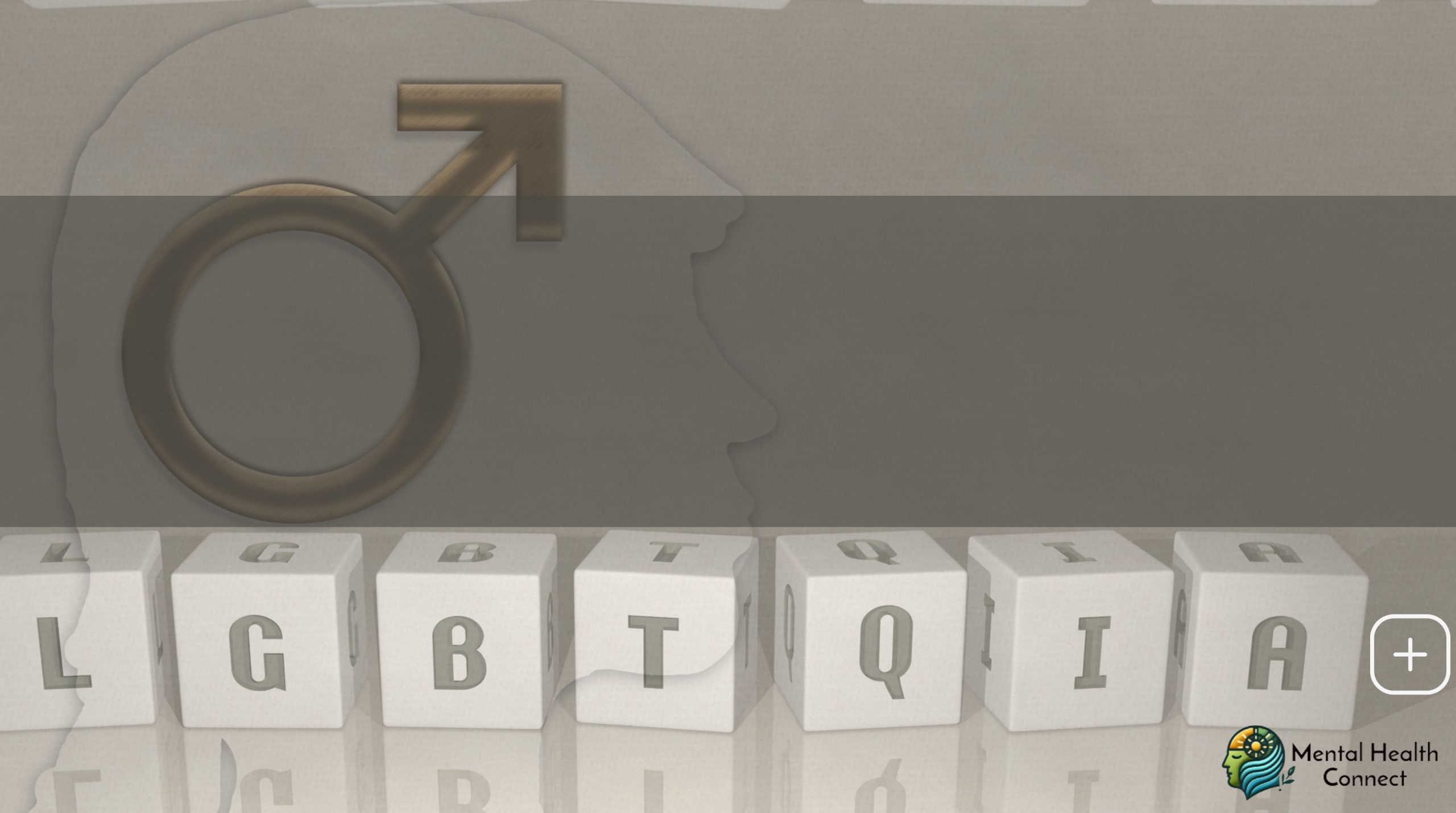Mental Health Challenges in the Latinx LGBTQIA+ Community

The intersection of Latinx and LGBTQIA+ identities creates unique mental health challenges that are often overlooked in broader conversations about mental wellness. Individuals at this intersection face multiple layers of minority stress, navigating both ethnic and sexual/gender identity marginalization simultaneously. This blog explores the specific mental health challenges faced by the Latinx LGBTQIA+ community, barriers to care, and pathways toward healing and resilience.
The Double Impact of Cultural and Identity Pressures
Members of the Latinx LGBTQIA+ community often navigate what researchers call “multiple minority stress” the compounded psychological pressure of belonging to more than one marginalized group. This experience manifests in several ways:
Cultural and Familial Expectations
Many Latinx cultures place strong emphasis on family unity, traditional gender roles, and religious values. For LGBTQIA+ individuals, these cultural expectations can create significant inner conflict:
- Familismo: The cultural value that prioritizes family needs over individual desires can make the coming-out process particularly difficult
- Machismo and marianismo: Traditional gender role expectations that can stigmatize those who don’t conform
- Religious contexts: Strong religious traditions within many Latinx families that may not always affirm LGBTQIA+ identities
For example, a gay Latino man might experience intense pressure to fulfill traditional masculine roles while simultaneously managing his authentic identity, creating a psychological burden that heterosexual Latino men don’t face.
Intersectional Discrimination
Latinx LGBTQIA+ individuals often experience discrimination and microaggressions in multiple contexts:
- Racism within LGBTQIA+ spaces
- Homophobia and transphobia within Latinx communities
- General societal discrimination based on ethnicity, immigration status, language, and LGBTQIA+ identity
This intersectional discrimination can lead to feelings of not belonging fully in any community, creating unique stressors that impact mental health.
Prevalent Mental Health Challenges
Research shows that Latinx LGBTQIA+ individuals face higher rates of certain mental health challenges compared to both their heterosexual Latinx peers and non-Latinx LGBTQIA+ individuals:
Heightened Risk Factors
- Depression and anxiety: Studies show elevated rates, often connected to minority stress and identity concealment
- Suicidal ideation: Particularly among Latinx LGBTQIA+ youth who lack family support
- Substance use disorders: Sometimes developed as coping mechanisms for social rejection or internal conflict
- Identity-related distress: The psychological burden of navigating multiple marginalized identities
- Trauma: Including experiences of rejection, discrimination, or violence
The Impact of Immigration and Documentation Status
For immigrants or children of immigrants, additional stressors may include:
- Fear of deportation (of self or family members)
- Language barriers in accessing mental health services
- Cultural displacement and acculturation stress
- Separation from extended family support networks
These factors can amplify existing mental health challenges and create additional barriers to receiving appropriate care.
Barriers to Mental Health Support
Despite experiencing significant mental health challenges, Latinx LGBTQIA+ individuals face numerous obstacles to accessing quality mental health care:
Structural Barriers
- Limited insurance coverage: Latinx communities have some of the highest uninsured rates in the United States
- Economic challenges: Latinx LGBTQIA+ individuals face employment discrimination that can impact financial ability to seek care
- Geographic limitations: Lack of culturally competent providers in many regions
Cultural Barriers
- Mental health stigma: Many Latinx cultures historically view mental health challenges as personal weaknesses or family matters
- Language barriers: Shortage of Spanish-speaking or bilingual mental health providers
- Lack of cultural competence: Many providers lack understanding of both Latinx cultural values and LGBTQIA+ experiences
For instance, a transgender Latina might struggle to find a therapist who understands both the cultural nuances of her family dynamics and the specific challenges of gender transition.
Pathways to Healing and Resilience
Despite these challenges, the Latinx LGBTQIA+ community has developed remarkable resilience strategies and support systems:
Community-Based Support
- Chosen families: Creating supportive networks when biological family support is lacking
- Cultural affirmation groups: Organizations specifically designed for Latinx LGBTQIA+ individuals
- Intergenerational mentorship: Older community members providing guidance to youth
- Community healing practices: Integrating traditional cultural healing methods with contemporary mental health approaches
Clinical Approaches That Work
Effective mental health support for this community often includes:
- Intersectional therapy approaches: Treatment that acknowledges and addresses the intersection of identities
- Cultural adaptation of evidence-based practices: Tailoring proven therapeutic approaches to Latinx cultural contexts
- Family-oriented interventions: Working with families to build understanding and acceptance
- Linguistic and cultural matching: Providing services in preferred languages with cultural nuance
Individual Resilience Strategies
Many individuals develop personal coping mechanisms:
- Bicultural flexibility: The ability to navigate between cultural contexts
- Identity integration: Finding ways to honor both Latinx heritage and LGBTQIA+ identity
- Spirituality: Reclaiming religious or spiritual practices in affirming ways
- Creative expression: Using art, music, writing, and other creative outlets to process experiences
Moving Forward: Advocacy and Change
Creating better mental health outcomes for the Latinx LGBTQIA+ community requires systemic change:
Policy Level Changes
- Expanding insurance coverage and mental health parity
- Supporting immigration policies that don’t separate families
- Funding culturally specific mental health programs
Professional Development
- Training more Latinx LGBTQIA+ mental health providers
- Requiring cultural competency training for all practitioners
- Developing research that specifically examines this population’s needs
Community Empowerment
- Supporting grassroots organizations led by Latinx LGBTQIA+ individuals
- Fostering intergenerational dialogue and knowledge sharing
- Creating safe spaces within both Latinx and LGBTQIA+ communities
The mental health challenges faced by the Latinx LGBTQIA+ community reflect complex intersections of identity, culture, and societal structures. By acknowledging these unique challenges while celebrating the resilience and strength within this community, we can work toward more inclusive, effective mental health support systems.
For individuals within this intersection, knowing that these challenges are systemic rather than personal failures can be the first step toward healing. Finding providers and communities that honor both Latinx culture and LGBTQIA+ identity is crucial for long-term mental wellness.
As our understanding of intersectional mental health continues to evolve, centering the voices and experiences of Latinx LGBTQIA+ individuals remains essential to creating truly inclusive mental health care.
-
 How to Support Someone with OCDApril 17, 2025
How to Support Someone with OCDApril 17, 2025 -


Leave a Reply